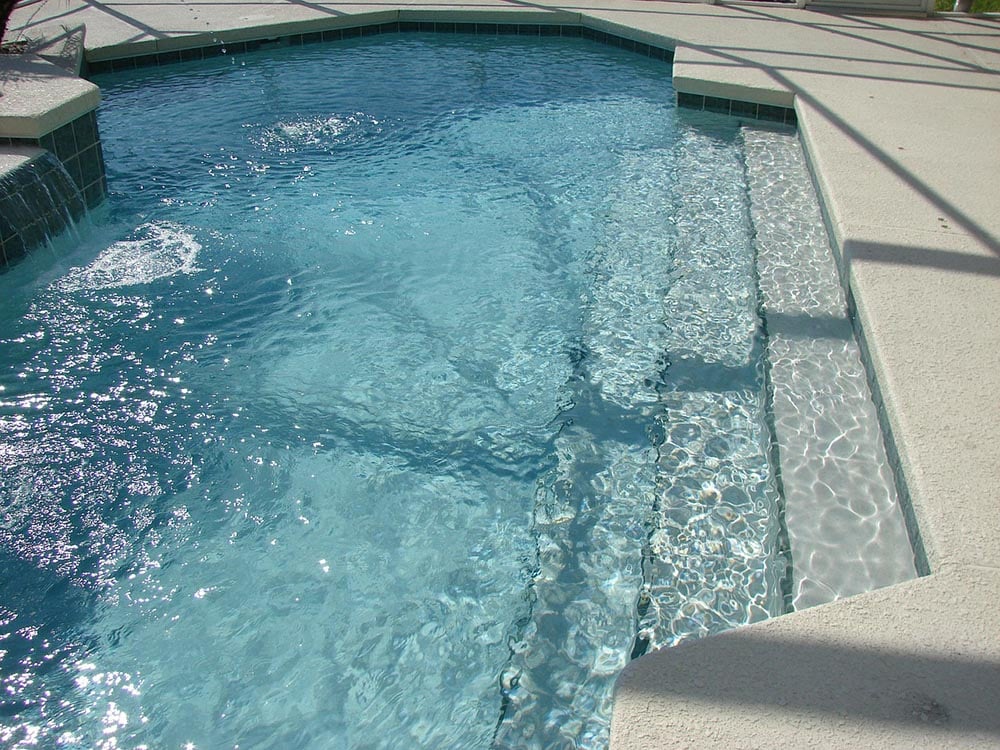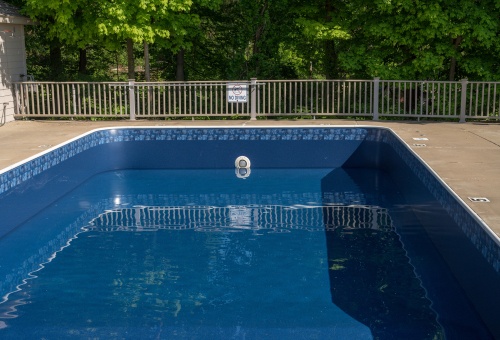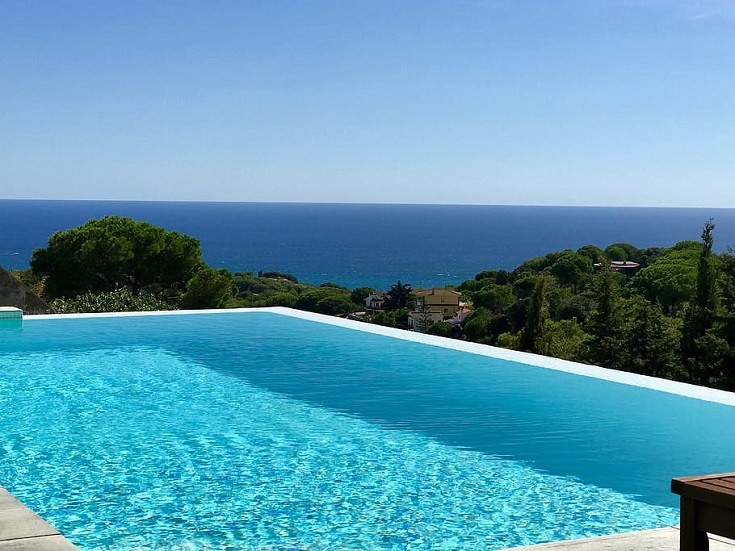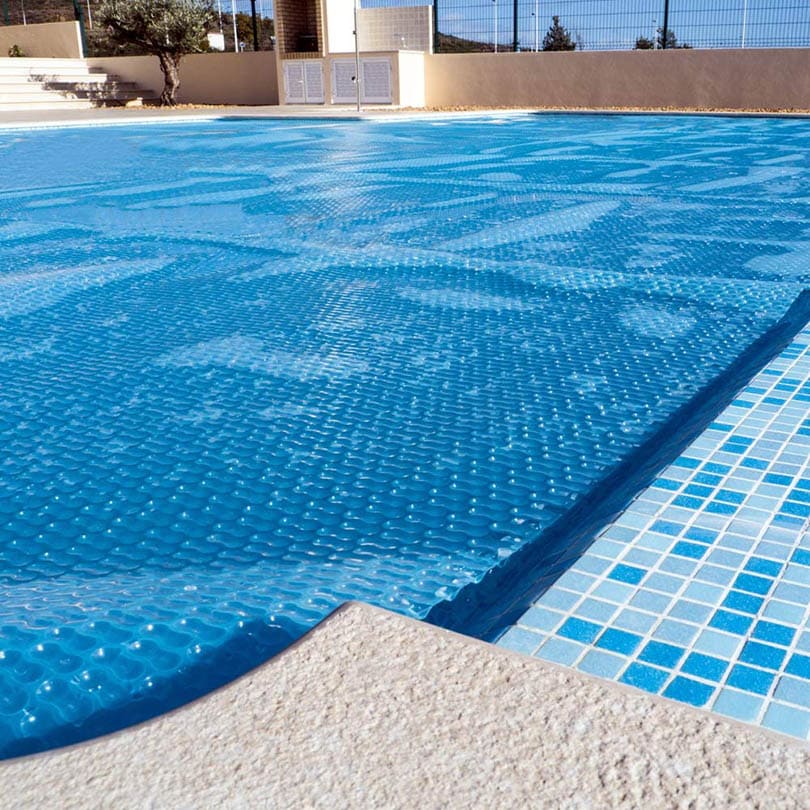Can I Build My Own Pool? Risks, Costs, and Considerations
-
Ed Malaker
- Last updated:

Swimming pools are a fantastic way to cool down in the summer, and once you get them up and running, they are not too difficult to maintain. Many people want to know if it’s possible to build a DIY pool from scratch, and the short answer is yes. However, there are several things to consider before you start digging. If you are thinking about taking on this project, keep reading as we look at what it will take to complete, including the permits that you will need to keep you out of trouble. We’ll discuss the risks and costs to help you be better informed and prepared.
Building a Pool Yourself
Is Building a Swimming Pool Cheaper Than Buying One?
One of the biggest advantages of building a pool yourself is that it can cost significantly less to do so. It will often cost more than $10,000 to have a company come and install your pool, but many people can complete the project for much less on their own. The tradeoff is that there’s a higher likelihood that a professional team will build the pool correctly, and if they don’t, they will usually come and repair it for you. When you do the building yourself, you don’t have the same level of experience or knowledge, and there is a much greater chance that you will make a mistake and will have to spend more time and money on repairs.
Pool Costs
Standard or Plunge
The final cost of your pool will largely depend on its type and shape. A complex shape will require more effort and take more time than something simpler, even when building it yourself. Most people are likely looking for a standard-sized pool, but a plunge pool is less expensive if budget is a concern. A plunge pool is just a miniature version of a standard pool, and it works the same way and uses the same components. Besides being less expensive to build, it’s also easier to heat and makes a good choice for a year-round pool.
Concrete Lining
One thing that will have a huge impact on price is the liner used to hold the water. Concrete pools are the most expensive, averaging $39,000 to $75,000 per pool, and a 14-foot-by-28-foot pool averages about $61,000 with no deck. Prefabricated shells are cheaper than those built on-site. Concrete offers the DIY pool builder more opportunity for cost reduction because most retail prices include labor and transportation. However, building a pool like this isn’t easy if you don’t have experience.

Fiberglass Lining
Fiberglass pools are typically smaller than concrete pools and cost between $18,000 for a 10-foot-by-16-foot pool and $63,000 for an 18-foot-by-30-foot pool. Fiberglass is prefabricated and is the easiest to install. It’s also DIY friendly because you only need to dig the right-sized hole to install it.
Vinyl Lining
Vinyl pools are the least expensive option, and they’re similar to fiberglass pools. You usually purchase them in a prefabricated shape, and you can cut costs by digging the hole to install yourself. These pools typically cost between $36,000 and $56,000.

Does Adding a Pool Increase My Property Value?
Yes, unlike above-ground pools that lower your property value, an in-ground pool will increase it. However, it’s important to remember that adding the pool may not increase the value beyond its initial cost. For example, many homes see a 7% increase in the value of their home after installing an inground pool, which usually does not cover the cost of the pool.
- See Also: Do Solar Panels Increase Home Value?
What Permits Do I Need to Install a Swimming Pool?
You will need to check with your local borough to find out the laws regarding swimming pools, as these are different in every area of the United States. Most will require a swimming pool permit, and you will need to have the area checked for underground plumbing, electrical wires, etc. There may also be laws requiring only licensed personnel to perform the construction and guidelines determining the location and maximum size. Many permits also have safety considerations that require you to build a fence around your pool and place it a certain distance from the road. You may need to test the soil to ensure that it’s free of chemicals, and sometimes, you will need to get forms signed by neighbors.
Other Considerations
You may need to make various considerations when you install a pool. For instance, the work that you do on your landscape may cause the water to run in new ways when it rains, so you will need to consider drainage, especially if it affects your neighbors. Erosion from shifting soil is another consideration, and if you live in a historic area or a conservation area, there may be various hurdles to overcome before you can build your pool.
 Summary
Summary
Fortunately, building a pool is legal in most areas. It can save you money over having contractors install it, and it can increase the value of your home. Vinyl is the lowest cost standard-sized pool, so it’s a great choice for most people. You can purchase it in many different prefabricated shapes, and you simply need to excavate the land to install it, which is much simpler than constructing concrete walls. You will need to check with your local municipality to see if you need a permit and what that permit requires you to do. Most will require you to build a fence around it to ensure that no animals or children fall in by accident.
Featured Image Credit: Fincasamoblados
Contents



